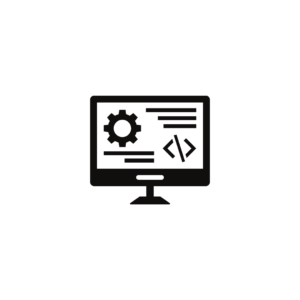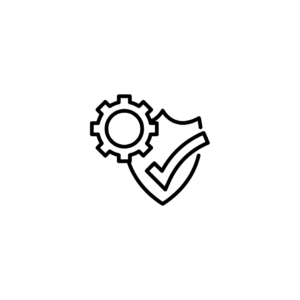Description
An Advanced Diploma in Community Medical Service & Essential Drugs is designed to prepare healthcare professionals to effectively manage and deliver community health services, with a strong emphasis on the provision and management of essential medicines. This program focuses on improving health outcomes at the community level by ensuring access to critical medical services and drugs.
Course Details:
Duration: Typically 1 to 2 years, depending on the institution and program structure.
Eligibility: Generally requires a high school diploma or equivalent; candidates with a background in healthcare or life sciences are preferred.
Mode of Study: Offered in full-time, part-time, or online formats, integrating theoretical coursework with practical training.
Curriculum:
The curriculum for an Advanced Diploma in Community Medical Service & Essential Drugs usually includes the following key areas:
1. Introduction to Community Health Services
Principles of Community Health:
Understanding the role of community health services in improving public health.
Health Systems and Policies:
Overview of health systems, policies, and the role of essential drugs in community health.
2. Essential Drugs and Pharmaceuticals
Essential Medicines List:
Familiarization with the WHO List of Essential Medicines and the importance of these medicines in healthcare.
Drug Formulary Management:
Basics of managing a drug formulary, including selection, procurement, and distribution.
3. Pharmacology and Therapeutics
Basic Pharmacology:
Understanding drug actions, interactions, and side effects of essential medicines.
Therapeutic Guidelines:
Guidelines for the proper use of essential drugs in treating common conditions.
4. Community Health Education
Health Promotion Strategies:
Techniques for educating communities about health issues, medication adherence, and responsible drug use.
Behavior Change Communication:
Approaches to influence health-seeking behaviors and improve health literacy in communities.
5. Preventive Healthcare Practices
Immunization and Disease Prevention:
Strategies for vaccination programs and preventive healthcare services in community settings.
Community-Based Health Interventions:
Developing and implementing health interventions focused on disease prevention and management.
6. Healthcare Management and Administration
Health Program Planning and Evaluation:
Tools and techniques for planning, implementing, and evaluating health programs and services.
Resource Management:
Managing human, financial, and physical resources in a community health context.
7. Data Management and Health Information Systems
Health Data Collection and Analysis:
Methods for collecting and analyzing health data to inform service delivery and policy decisions.
Health Information Systems:
Leveraging technology to manage health information and improve service delivery.
8. Regulatory and Legal Aspects of Medicines
Pharmaceutical Regulations:
Understanding regulations surrounding drug approval, distribution, and use.
Ethical Considerations:
Ethical issues related to pharmaceutical practices and community health services.
9. Practical Training and Field Experience
Internships/Clinical Placements:
Opportunities for hands-on experience in community health settings, emphasizing the application of essential drugs and medical services.
Capstone Projects:
Projects that integrate the skills and knowledge gained, focusing on community health issues and the role of essential medicines.
Assessment:
Assessment methods in this program may include:
Written Exams:
Evaluating understanding of theoretical concepts related to community health and pharmaceuticals.
Practical Demonstrations:
Assessing hands-on skills related to drug management and community service delivery.
Project Work:
Developing proposals or interventions addressing community health needs and the use of essential drugs.
Career Opportunities:
Graduates of the Advanced Diploma in Community Medical Service & Essential Drugs can pursue various roles, including:
Community Health Worker: Providing direct health services, education, and support to communities.
Pharmaceutical Services Manager: Overseeing the management of essential drug services in health facilities.
Health Program Coordinator: Developing and managing community health programs focused on prevention and essential medicine distribution.
Health Educator: Promoting public awareness and education regarding health issues and responsible medication use.
Logistics Officer: Managing logistics and supply chain processes related to essential drug distribution in healthcare settings.
This advanced diploma program prepares students for vital roles in enhancing community health services and ensuring access to essential medicines, ultimately contributing to improved health outcomes. If you have any further questions or need more information, feel free to ask!









